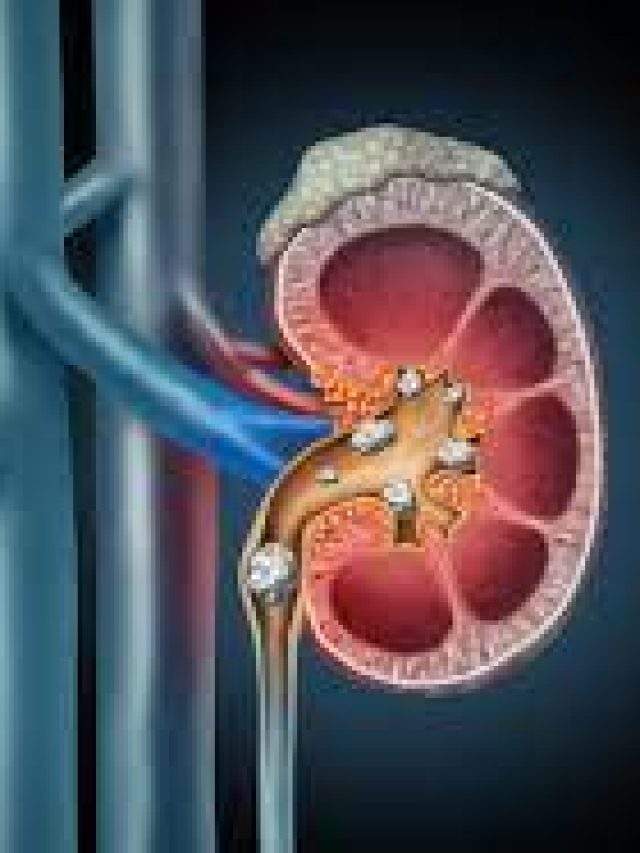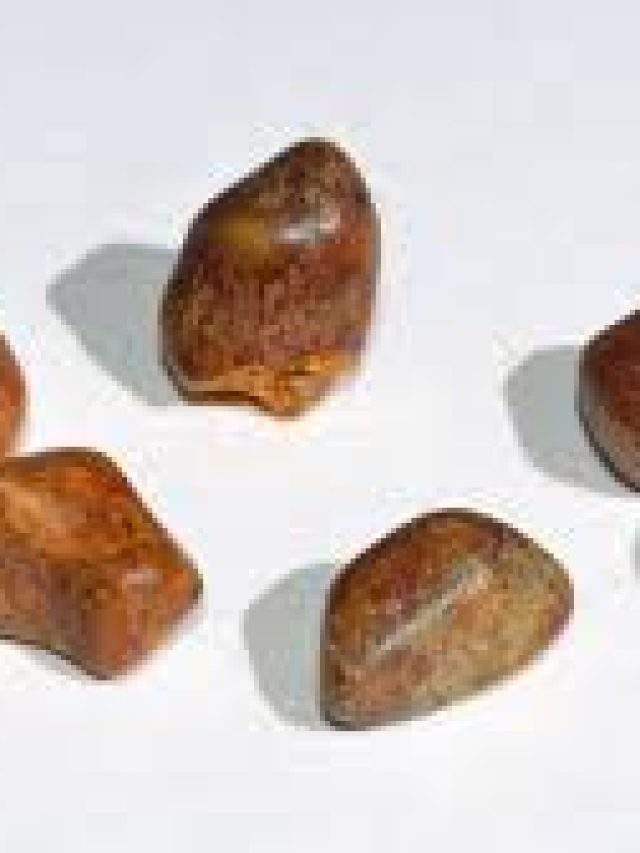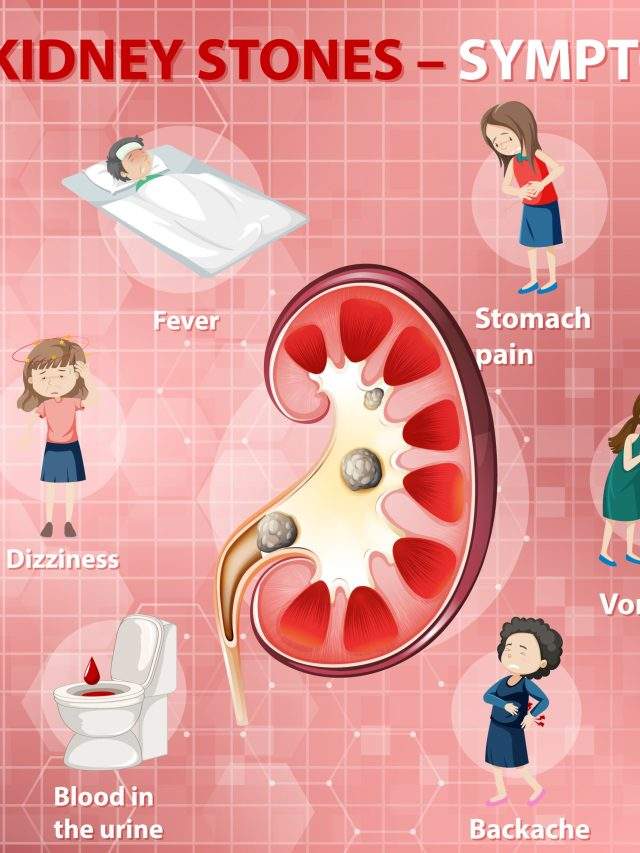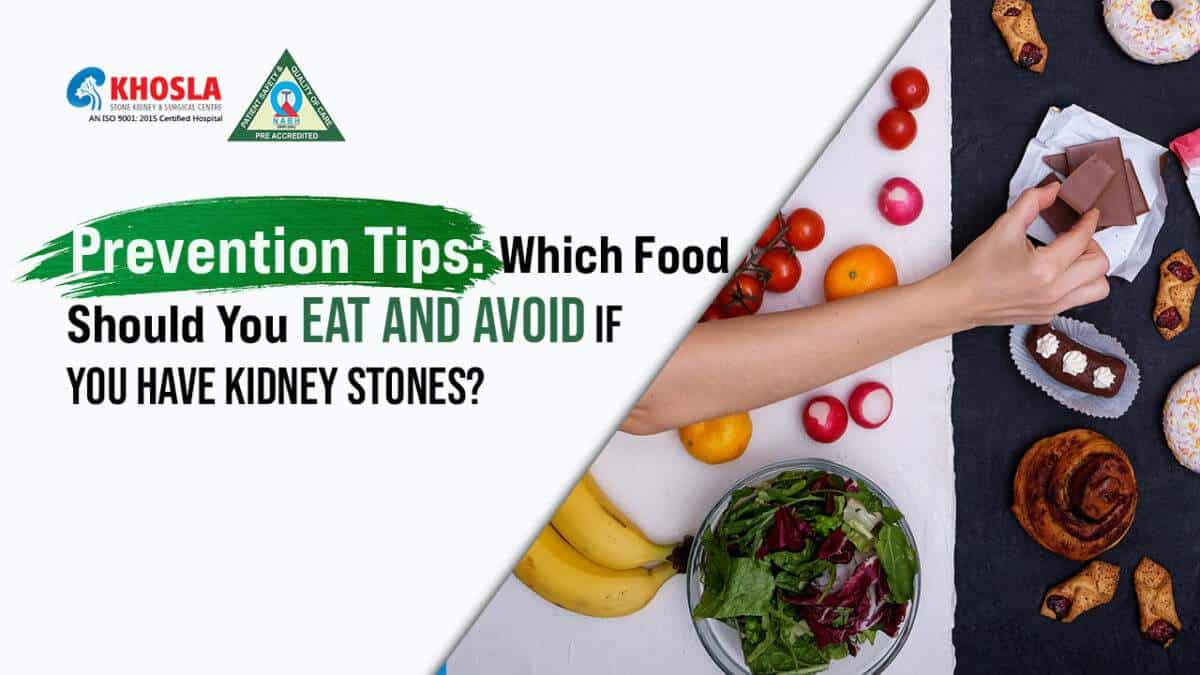![]()
Kidney stones are uneven-shaped crystals that can range in size from grains of sand to golf balls.The patients are not even aware that they have kidney stones most of the time. Until then, if the size of the stone increases, it starts to cause abdominal pains. Depending on the size, the little stones are very painful as they pass through the urinary tract. This process of passing a stone takes 3 weeks with continuous drinking of water.
On the other hand, big stones can get stuck in the bladder, start bleeding, and prevent urine from leaving the body. In such a scenario, if the stone doesn’t pass on its own surgery is required.
Diet of Kidney Stone
Kidney stone passes through the urinary tract. The calcium in the body is mixed with substances like oxalate or phosphorus in the urine. The situation of kidney stones happens when the concentration of these substances is high. Uric acid also induces kidney stones. It is built up in the body due to slow protein metabolism. Passing kidney stones through urine is an extremely painful process as the urinary tract cannot evacuate solid stuff. However, it can be changed by typically making some changes in the diet.
To prevent the formation of kidney stones for the first time or to lower the risk of recurrence of forming stones in the body or if they already have kidney stones, follow these actions.
- Consume plenty of water
- Try to evade the meals that contain a high level of oxalates
- Make less use of salt and animal protein
- Acquire an adequate amount of calcium
There is no proper diet plan for each kind of kidney stone. Many dietitians or nephrologists prescribe Dash Diet (a dietary approach to stop hypertension) for people having kidney stones.
The main reason for a diet plan is to minimise the risk of kidney stones and prevent your overall health from any major diseases, including lowering the risk of lower blood pressure or heart stroke and cancer.
The DASH diet encourages vegetables, fruits, grains and low-fat dairy products. The strategy for planning the dash diet is to lower their consumption of sugar, salt, and red meat.
Changes in the diet influence the person who is at risk of following forms of kidney stones.
- Cystine stone
- Calcium phosphate stone
- Uric acid stones
- Calcium oxalate stones
Instead of doing experiments such as limiting calcium without any knowledge, talk to a professional or get guidance on which form of kidney stones they have. If any stone had been found, then follow the instructions and dietary approach according to what the doctors said.
Food to Eat?
The diet plan is different depending on which mineral is present in kidney stones. People can consult their doctor and make their own personalised diet plan to prevent kidney stones.
Following are the dietary recommendations that you should follow:
- Stay Hydrated: The formation of kidney stones is caused by limiting the intake of water; therefore, drinking more water helps to reduce the chances of kidney stones. The NIDDK recommends at least 7-8 glasses of water every day. Other fluids may contain sati, so be aware to check the sodium consistency in fluids.
- Increasing Citrus Intake: Fruits and juices that have natural citrate, such as lemon, oranges, or grapefruits, help minimise the formation of stones.
- Vitamin D: Make sure to add vitamin D to your daily diet, as the minimum in calcium may raise oxalate levels. Calcium should be obtained from food, not supplements, as supplements are the main cause of stones.
- Fruits and Vegetables: Increasing the intake of fruits and vegetables may help to avoid the risk of kidney stones. However, people should reduce their intake of high-oxalate fruits and vegetables like spinach.
Food to Avoid?
If a person has kidney stones, they should get guidance on which foods to avoid eating. If you don’t have knowledge of which kidney stone you have, just follow a thumb rule: avoid eating salt, animal protein and meat.
- Limit Salt Intake: Avoid salt intake in food and check the sodium content. Avoid eating fast food as there is a large amount of sodium present in them. If you go to any restaurant, say no to add salt. Keep on track with fruits and vegetables or juice because some of them have a lot of sodium in them.
- Minimise the consumption of animal protein: Intake of animal protein may increase the uric acid level. Protein is good for overall health but talk to a doctor about how much protein you should eat regularly.
Consult the best doctor and make a diet plan according to your condition. Regularly drinking 12 glasses of water can help a lot. Higher Intake of citrus juices like orange juice, which help prevent kidney stones. If you are seeking the best guidance, then consult the Khosla Kidney Stone Kidney and Surgical Centre, who have experienced experts. They will give you the best advice and tips to help reduce the chances of kidney stones.






